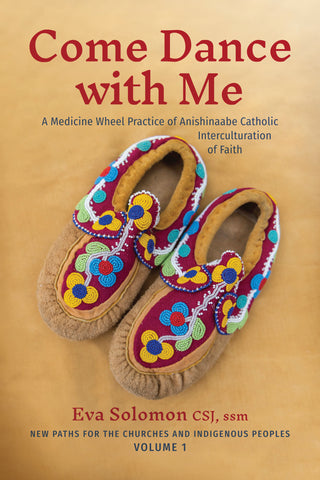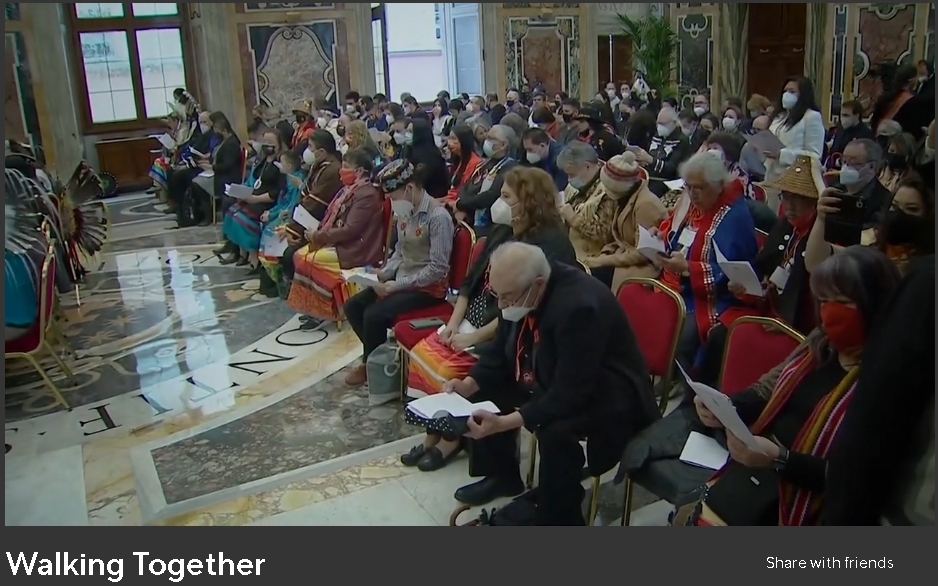January 2022
This document was produced by the Public Safety Canada Portfolio Corrections Statistics Committee which is composed of representatives of Public Safety Canada, Correctional Service of Canada, Parole Board of Canada, the Office of the Correctional Investigator and the Canadian Centre for Justice and Community Safety Statistics (Statistics Canada.

The Corrections and Conditional Release Statistical Overview (CCSO) is an annual report published by Public Safety’s Research Division. The CCRSO has been published since 1998, with the 2020 report marking the 23rd edition. The CCRSO provides key Canadian criminal justice system statistics across a topics such as crime rates, criminal charges in courts, and the description of offenders in Canada’s correctional systems. The report compiles data from Correctional Service of Canada, Parole Board of Canada, Office of the Correctional Investigator, Statistics Canada, and for the 2020 CCRSO, Justice Canada.
A selection of key trends identified in the CCRSO are included below:
- The overall police-reported crime rate increased 9.5% in the last 5 years (from 2015 to 2019), but remained 6.9% lower than 2010. Property crime followed a similar pattern, with an 8.7% increase from 2015 to 2019, but remained 8.7% lower than 2010. The rate of violent crime increased 19.3% between 2015 and 2019. The 2019 rate was slightly lower (1.2%) than 2010.
- Police-reported violent victimization (which counts victims rather than incidents in the crime rate) increased 19.8% in the last 5 years (from 2015 to 2019) and 9.0% in the last year (2018 to 2019). Police-reported sexual violations against children increased 94.3% in the last 5 years. This was the largest increase during this period.
- Self-reported victimization data in 2019 showed large variability in the crimes reported to police. Motor vehicle/parts theft was the most likely crime to be reported to police with 52% of self-reported motor vehicle/parts theft reported to police. Sexual assault was the least likely crime to be reported to police, with only 6% of self-reported sexual assaults reported to police.
- The rate of youth charged decreased 47.3%, between 2010 and 2019. The rate of youth charged with violent crimes in 2019 was 17.2% lower than 2010, but has increased 16.0% since 2015.
- Common assault was the most frequent case in both adult court and youth court in 2018-19. The next most common cases were impaired driving in adult court and theft in youth court.
The CPB Research Newsflash is published by Public Safety Canada. If you received it directly, your name is already on our mailing list.
If you are receiving it from a third party and would like to add your name to the mailing list, please contact us by e-mail at PS.CPBResearch-RechercheSPC.SP@ps-sp.gc.ca.
Source
Full document (PDF format)





